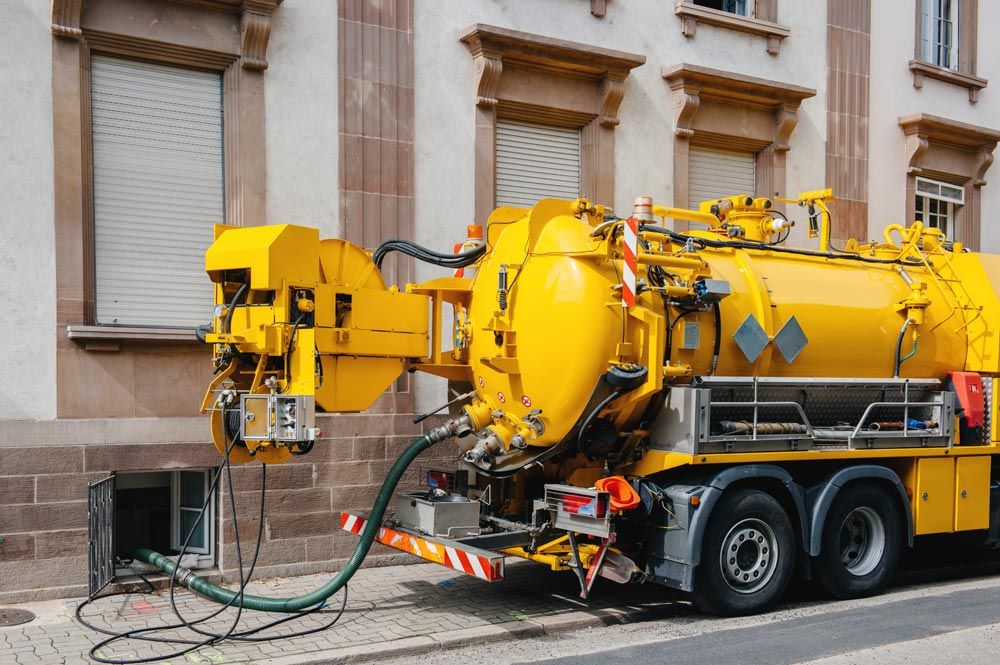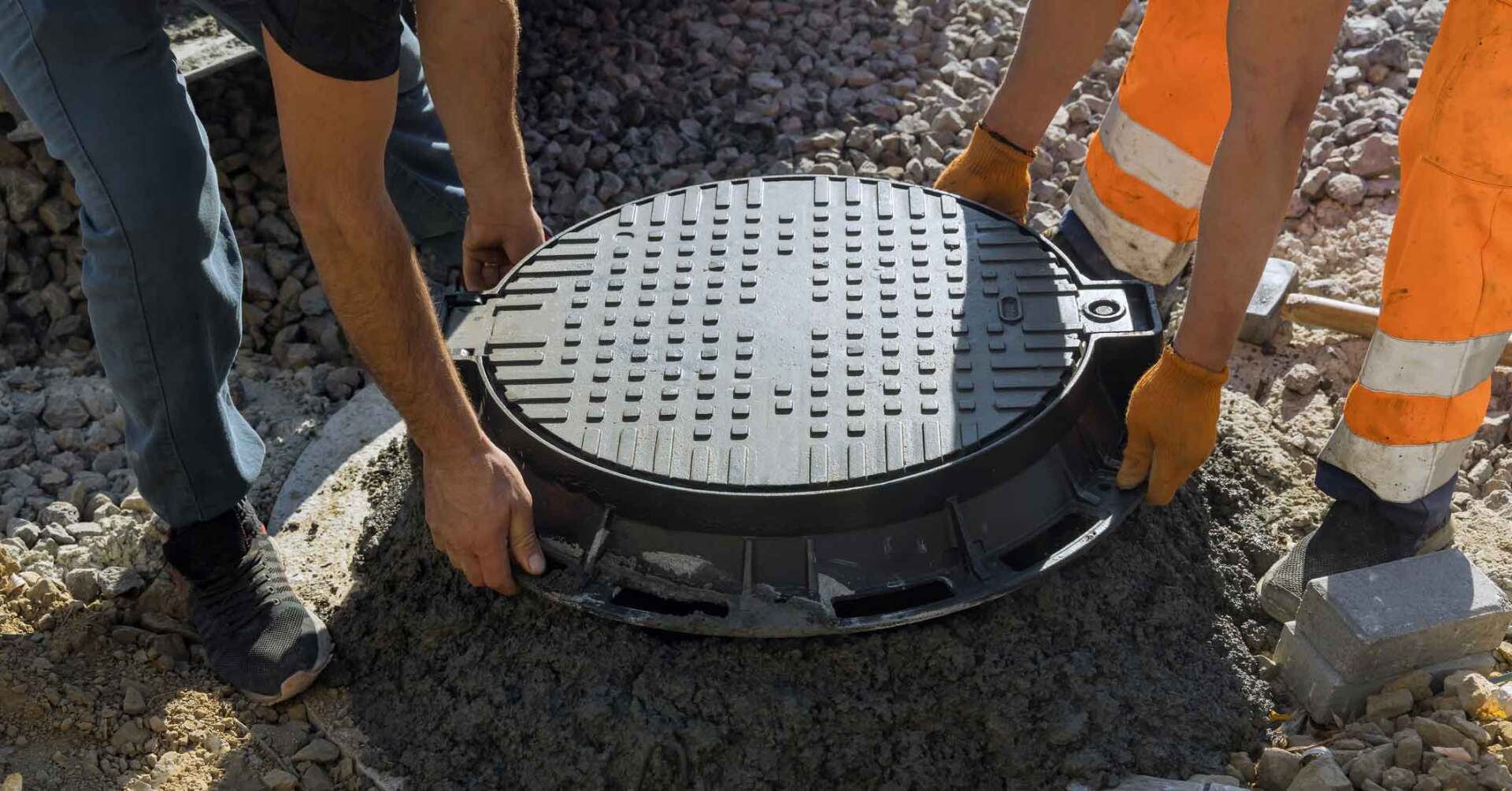Is Your Skincare Routine Septic-Safe?

More than 21 million residential properties across the country rely on septic systems to process both solid and liquid household waste. Septic systems have the ability to safely filter and process waste as effectively as a municipal sewer system, but only when regular you conduct regular maintenance on the septic system.
One of the most important things that you can do to preserve the integrity of your home's septic system is to watch what you put down your drains.
You probably know that coffee grounds, baby wipes, oil, and grease have the potential to clog your septic system, but did you know that your daily skincare routine could be jeopardizing the performance of your septic system?
Certain skincare products contain microbeads or micro-exfoliants that polish away dead skin cells and give you a healthy glow. Unfortunately, using products with microbeads and micro-exfoliants consistently could spell disaster for your septic system.
How Your Septic System Processes Waste
To understand the negative impact microbeads and micro-exfoliants can have on your septic system, you must first understand how your septic system processes waste.
When you flush something down the drains in your home, the contents enter your septic tank. This waste settles into three natural layers while inside the tank. Solid waste settles to the bottom of the tank, oils and grease float to the top, and the middle layer becomes a relatively clear type of waste known as effluent.
Effluent moves out of the septic tank and into a drainfield for additional filtration and processing. The problem with microbeads and micro-exfoliants is that they become suspended within the effluent layer.
Why are Suspended Solids So Bad?
Microbeads and micro-exfoliants are small enough that they don't sink to the bottom of your septic tank, but they aren't light enough to float to the surface of the tank either. Instead, they remain suspended in the effluent and travel into the drainfield along with the effluent water.
Modern drainfields are made up of a series of perforated pipes. These pipes release effluent into the surrounding soil, where the surrounding soil filters it. Any microbeads or micro-exfoliants that remain in the effluent can clog up the perforations in your drainfield pipes.
If the suspended solids are small enough to pass through pipe perforations, they can still clog up the pores in the soil that plays a critical role in the filtration process.
Soil clogs caused by microbeads and micro-exfoliants can permanently prevent the soil from effectively treating effluent, requiring that you install a costly new drainfield.
Is There a Septic-Safe Alternative?
Exfoliation plays an important role in many skincare routines. Maintaining a youthful healthy glow is almost impossible without regular exfoliation. You don't have to sacrifice the benefits that exfoliation can offer if you have a septic system, you just need to ensure you are using a septic-safe alternative.
Steer clear of products that contain microbeads or micro-exfoliants made from plastic or other inorganic materials. Even organic exfoliants like coffee beans, walnut shells, oats, and volcanic rock have the potential to clog your drainfield because they don't degrade fast enough inside your septic tank.
The best exfoliating products for homeowners with a septic system are sugar or salt scrubs.
A sugar or salt scrub typically doesn't contain any oils or lanolin that can harm your septic system. Both types of exfoliants dissolve quickly in water, and will not have a negative impact on the helpful bacteria found within your septic tank.
Don't let your skincare routine compromise the function of your septic system.
Contact The Nibbler Company for help maintaining your septic system more efficiently in the future.




